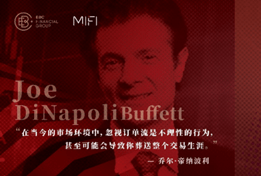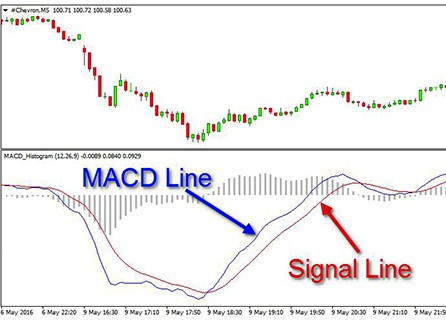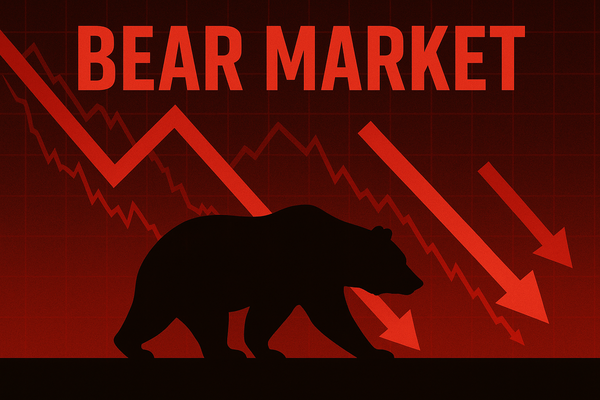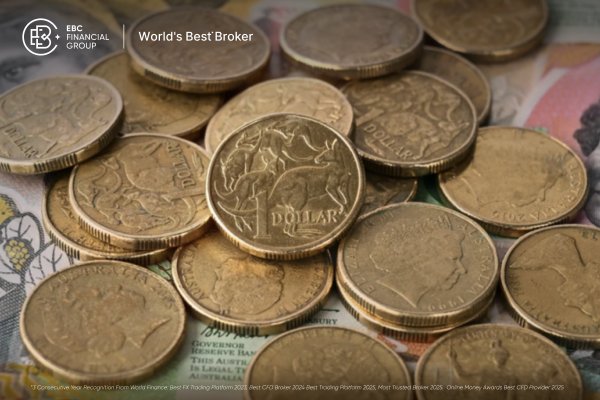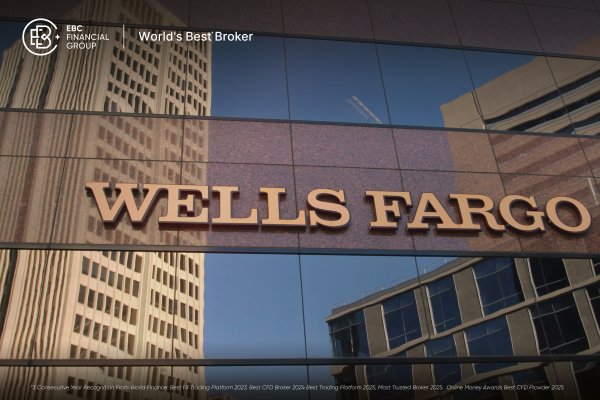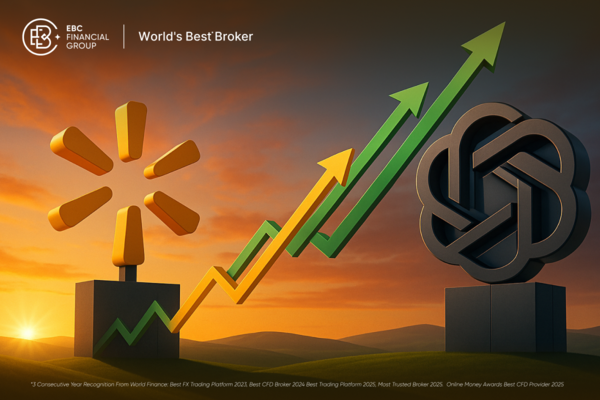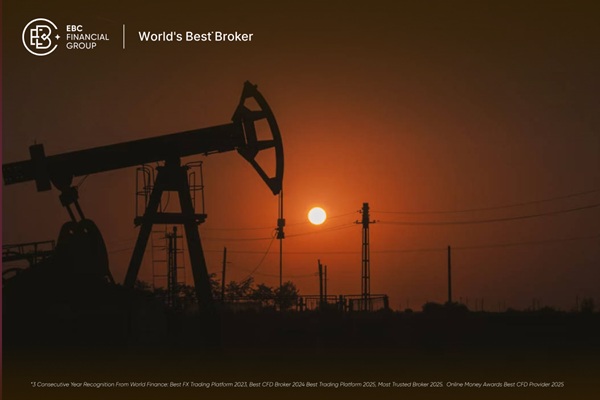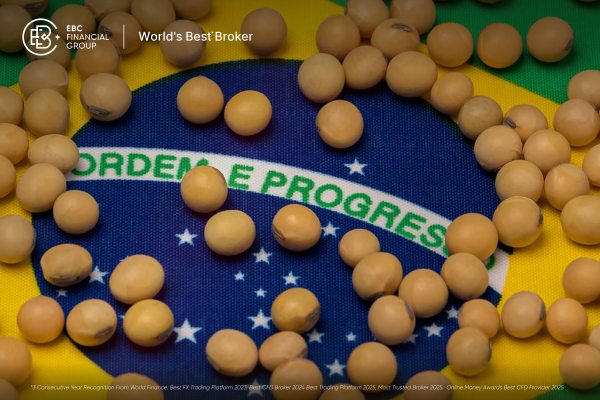Short selling has long sparked debate in financial circles, often portrayed as either a clever strategy or a destructive force in the market. Its controversial reputation tends to resurface during times of economic uncertainty, when plunging stock prices prompt accusations of manipulation and calls for bans. Yet despite the headlines, short selling is not inherently unlawful. In fact, in many global markets, it is a legitimate and tightly regulated investment practice. Understanding where the legal boundaries lie—and why regulators occasionally step in—is key to demystifying short selling's place in modern finance.
Short Selling: Definition and Mechanics
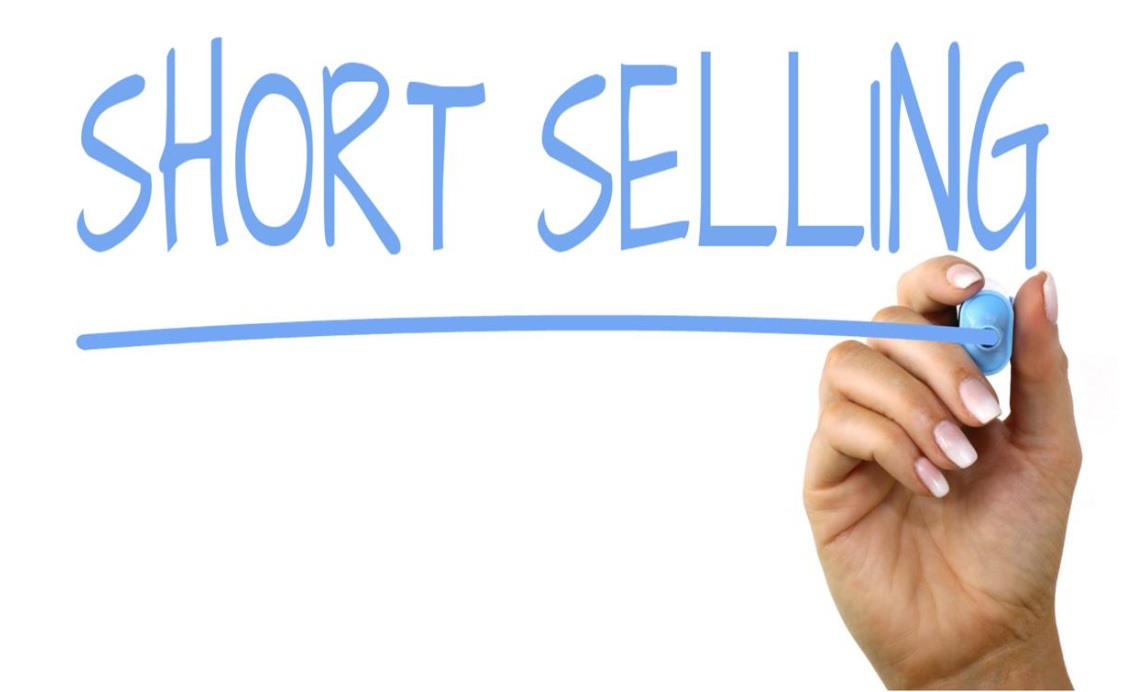 Short selling refers to the practice of selling a security that the seller does not currently own, with the intention of buying it back later at a lower price to profit from a price decline. In a typical short sale:
Short selling refers to the practice of selling a security that the seller does not currently own, with the intention of buying it back later at a lower price to profit from a price decline. In a typical short sale:
An investor borrows shares of a company from a broker.
The investor sells these shares on the open market.
The goal is to repurchase the shares at a reduced price and return them to the lender, pocketing the difference.
For example, if an investor shorts shares at £10 and later buys them back at £7. they make a £3 profit per share (before fees and interest).
This strategy is widely used by hedge funds, institutional investors, and sophisticated traders as a means of speculation or hedging against losses in long positions.
Legal Frameworks Around the World
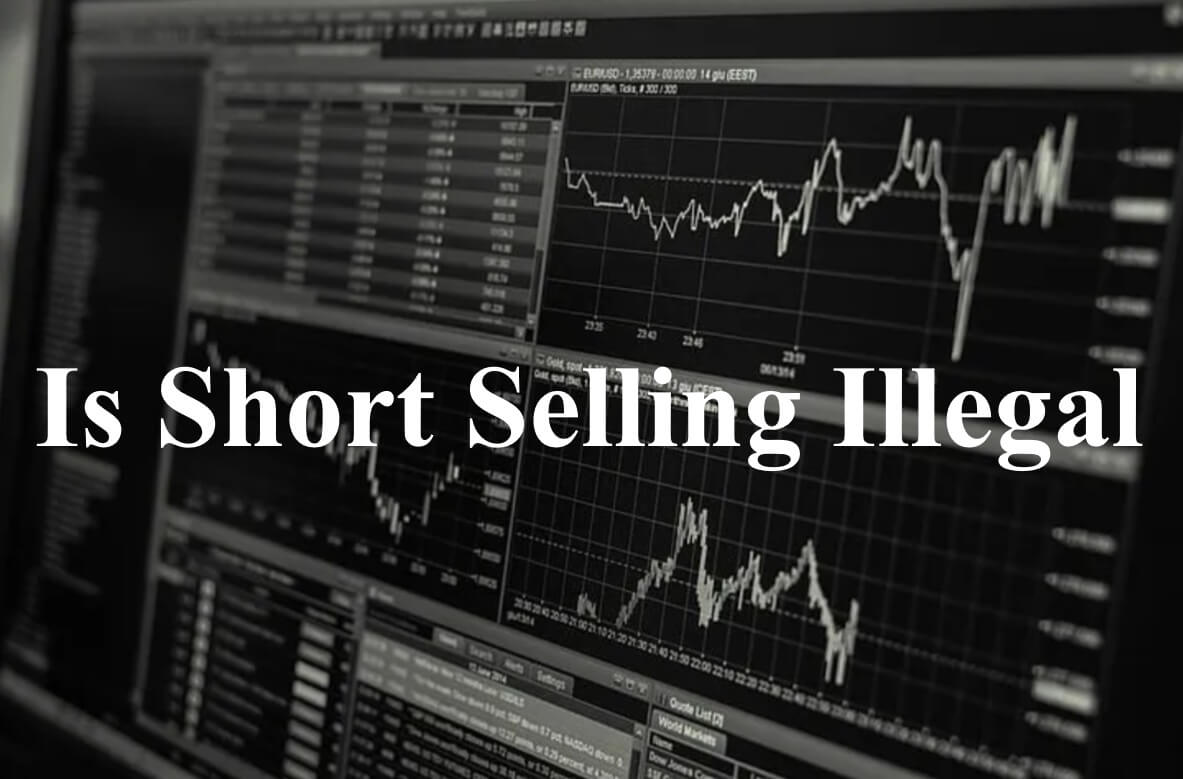 In most developed financial markets, including the United Kingdom, the United States, the European Union, and Australia, short selling is legal—provided it adheres to specific regulatory guidelines.
In most developed financial markets, including the United Kingdom, the United States, the European Union, and Australia, short selling is legal—provided it adheres to specific regulatory guidelines.
Key regulatory features often include:
Disclosure requirements: In many jurisdictions, short positions over a certain threshold must be publicly disclosed.
"Locate" rules: Before initiating a short sale, traders must confirm the availability of the shares to borrow.
Circuit breakers: Certain market rules prevent excessive downward pressure caused by short selling during rapid market declines.
The Financial Conduct Authority (FCA) in the UK, for instance, oversees short selling under the EU Short Selling Regulation (still retained post-Brexit), which mandates transparency and reduces risks of market abuse.
When and Why Regulators Step In
Short selling becomes controversial when it is seen to contribute to systemic risk or to the destabilisation of markets. During periods of market stress or financial crisis, authorities may temporarily ban or restrict short selling. This has occurred during:
The 2008 global financial crisis: The UK, US, and several other nations banned short selling of financial stocks.
The COVID-19 pandemic (2020): Countries like Italy, Spain, and South Korea introduced temporary short selling bans to calm market panic.
Such bans are typically implemented to:
Prevent downward spirals in prices driven by panic-selling.
Restore investor confidence.
Reduce volatility during times of uncertainty.
However, these bans are temporary and exceptional, not permanent indications of illegality.
Naked Short Selling: A Separate Question
While traditional short selling is legal, naked short selling is another matter entirely. This occurs when a trader sells a stock short without first confirming that the stock can be borrowed. In other words, the trade is executed without having located or borrowed the underlying security.
Naked short selling is illegal or heavily restricted in many jurisdictions, including:
The United States, where the SEC enforces Regulation SHO to prohibit failures to deliver.
The United Kingdom, where it is forbidden under FCA guidelines without proper arrangement.
Naked shorting is problematic because it can lead to market manipulation, distort prices, and create artificial selling pressure—especially in illiquid securities.
Typical Penalties for Violations
Where short selling regulations are breached, authorities have the power to impose significant penalties. These may include:
Fines: Financial penalties imposed on traders or firms found guilty of misconduct.
Suspensions or bans: Temporary prohibition from trading for individuals or companies.
Criminal charges: In severe cases of fraud or manipulation, criminal prosecutions may follow.
For instance, in recent years, both the FCA in the UK and the SEC in the US have fined firms for failing to comply with disclosure rules or engaging in unauthorised naked short selling.
Conclusion: Legal, But Not Without Limits
Short selling is not illegal in most major economies. On the contrary, it is a recognised and often essential part of healthy financial markets—providing liquidity, facilitating price discovery, and allowing for risk management strategies. However, the practice is heavily regulated and can be temporarily restricted during market crises to preserve stability.
The key takeaway is that short selling is legal—but only when done within the bounds of the law. Investors and firms that understand and follow those rules can use short selling responsibly. Those who don't may find themselves facing serious consequences.
Disclaimer: This material is for general information purposes only and is not intended as (and should not be considered to be) financial, investment or other advice on which reliance should be placed. No opinion given in the material constitutes a recommendation by EBC or the author that any particular investment, security, transaction or investment strategy is suitable for any specific person.



 Short selling refers to the practice of selling a security that the seller does not currently own, with the intention of buying it back later at a lower price to profit from a price decline. In a typical short sale:
Short selling refers to the practice of selling a security that the seller does not currently own, with the intention of buying it back later at a lower price to profit from a price decline. In a typical short sale: In most developed financial markets, including the United Kingdom, the United States, the European Union, and Australia, short selling is legal—provided it adheres to specific regulatory guidelines.
In most developed financial markets, including the United Kingdom, the United States, the European Union, and Australia, short selling is legal—provided it adheres to specific regulatory guidelines.


